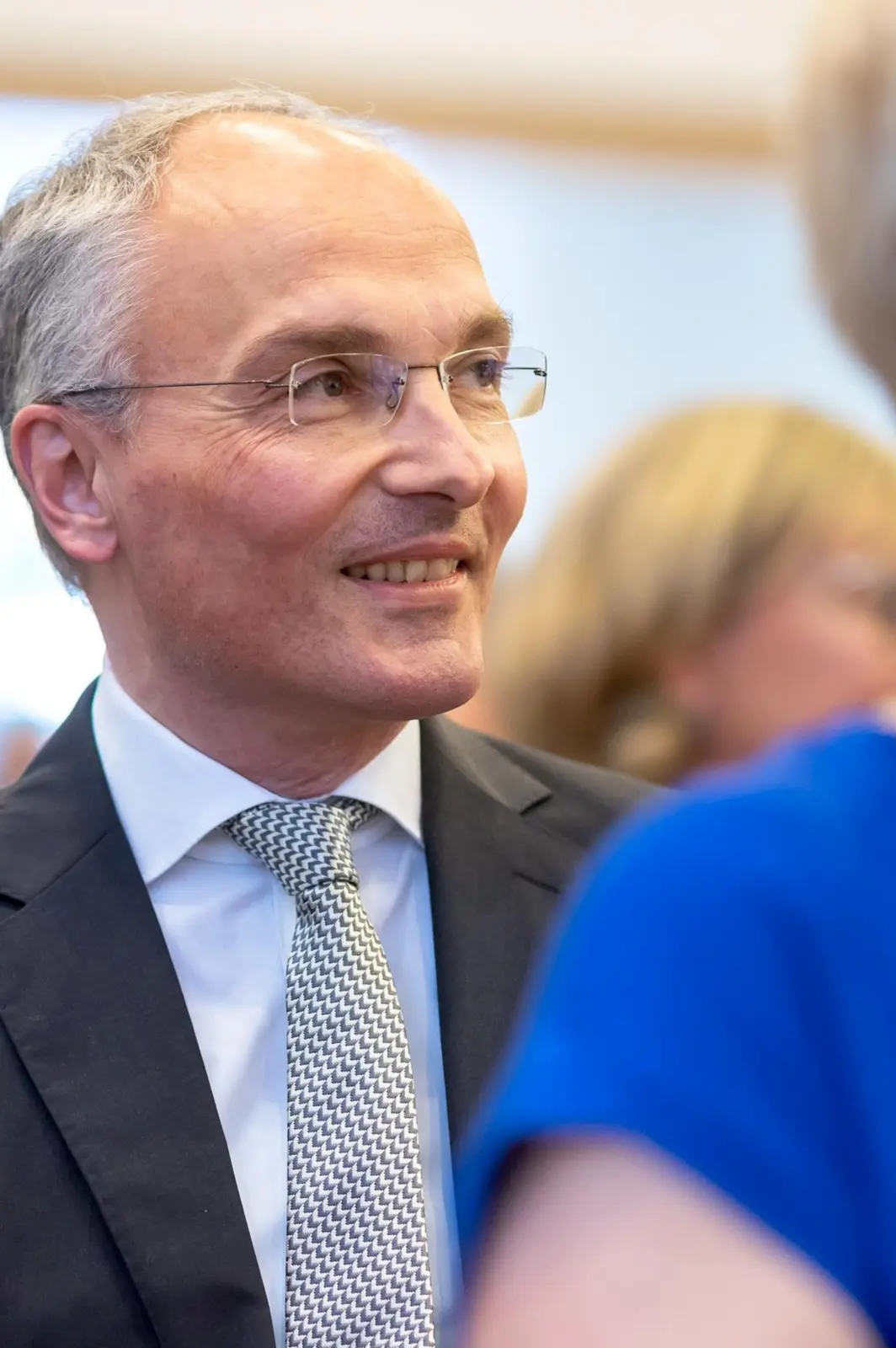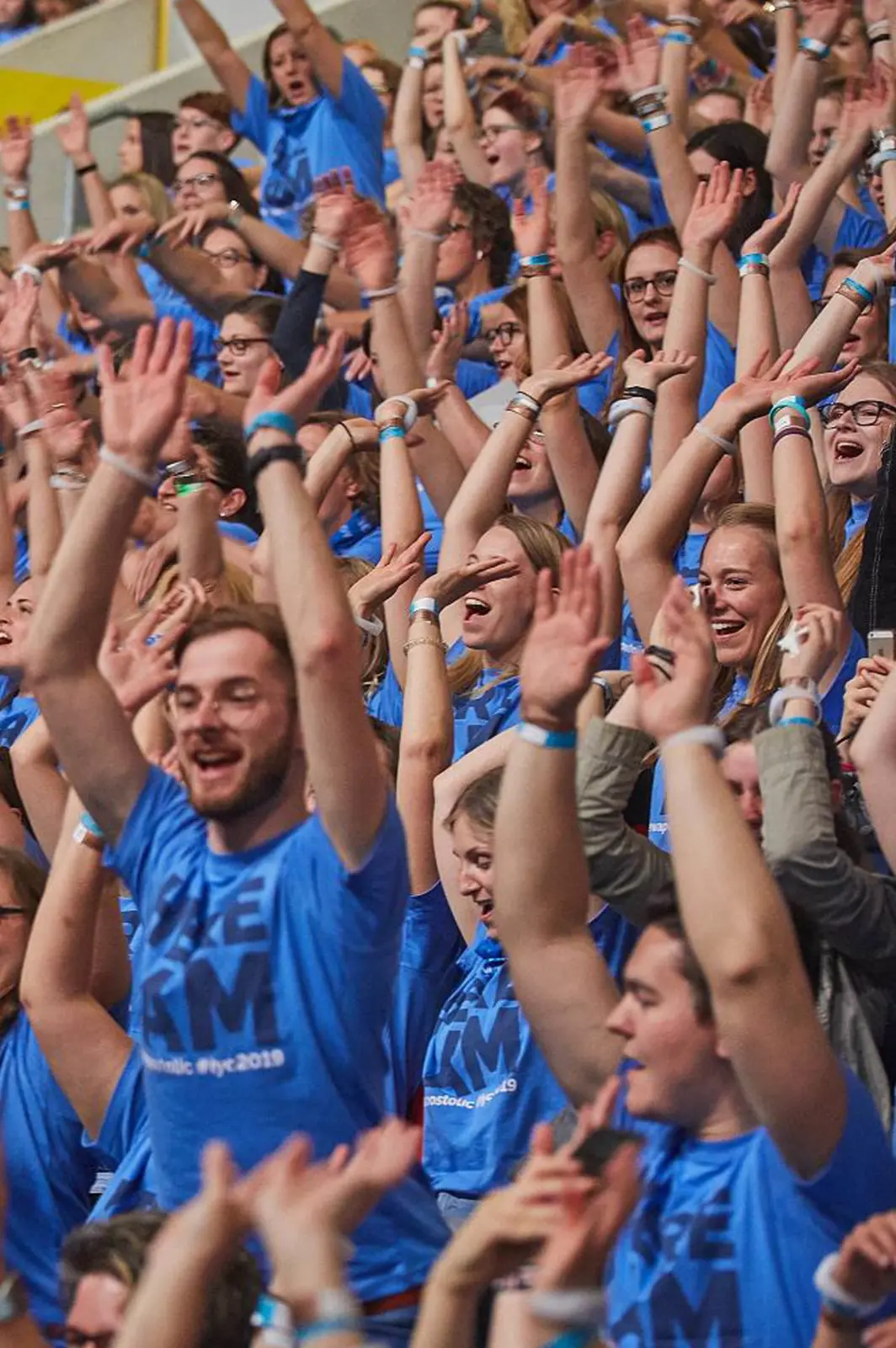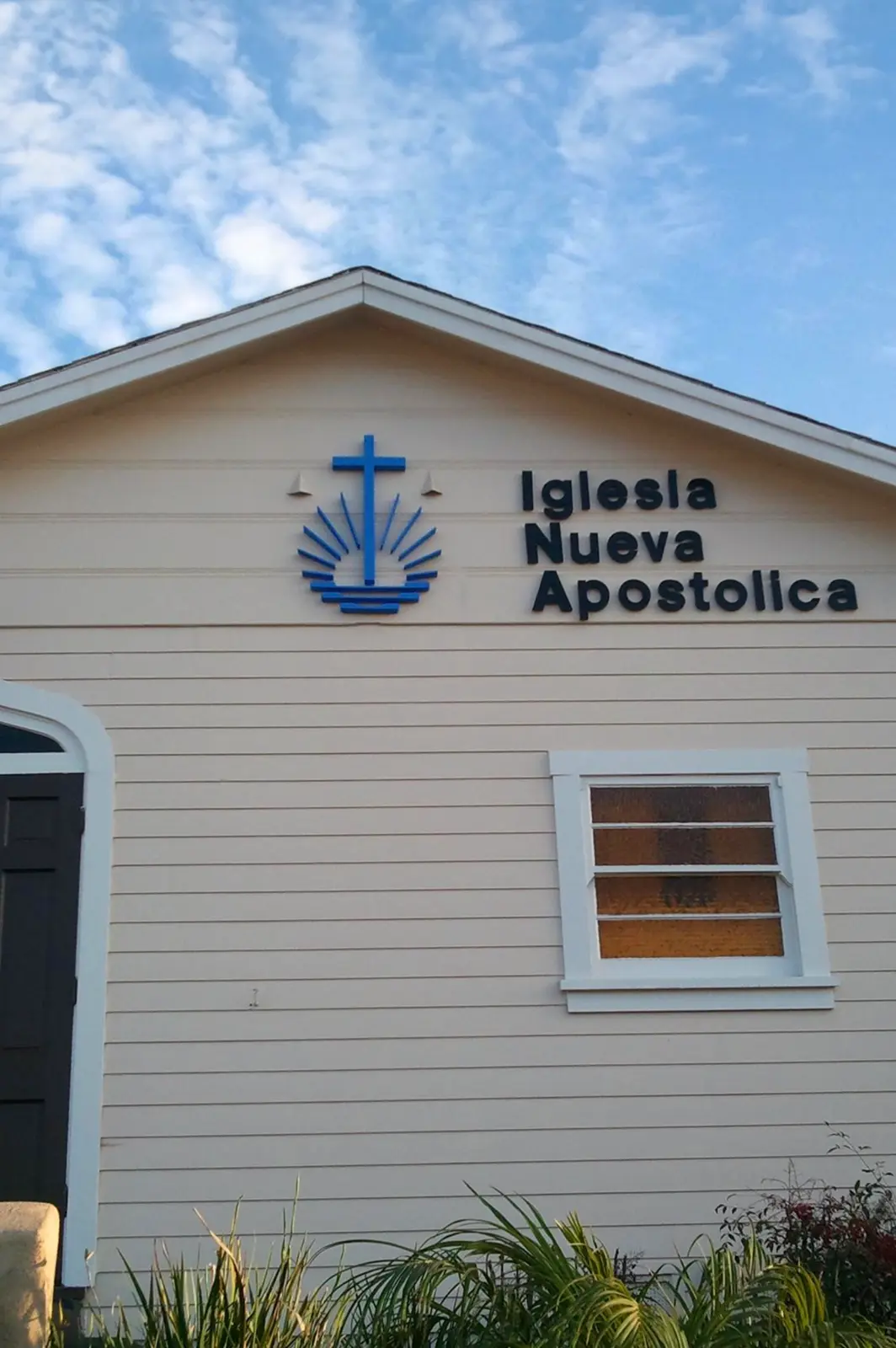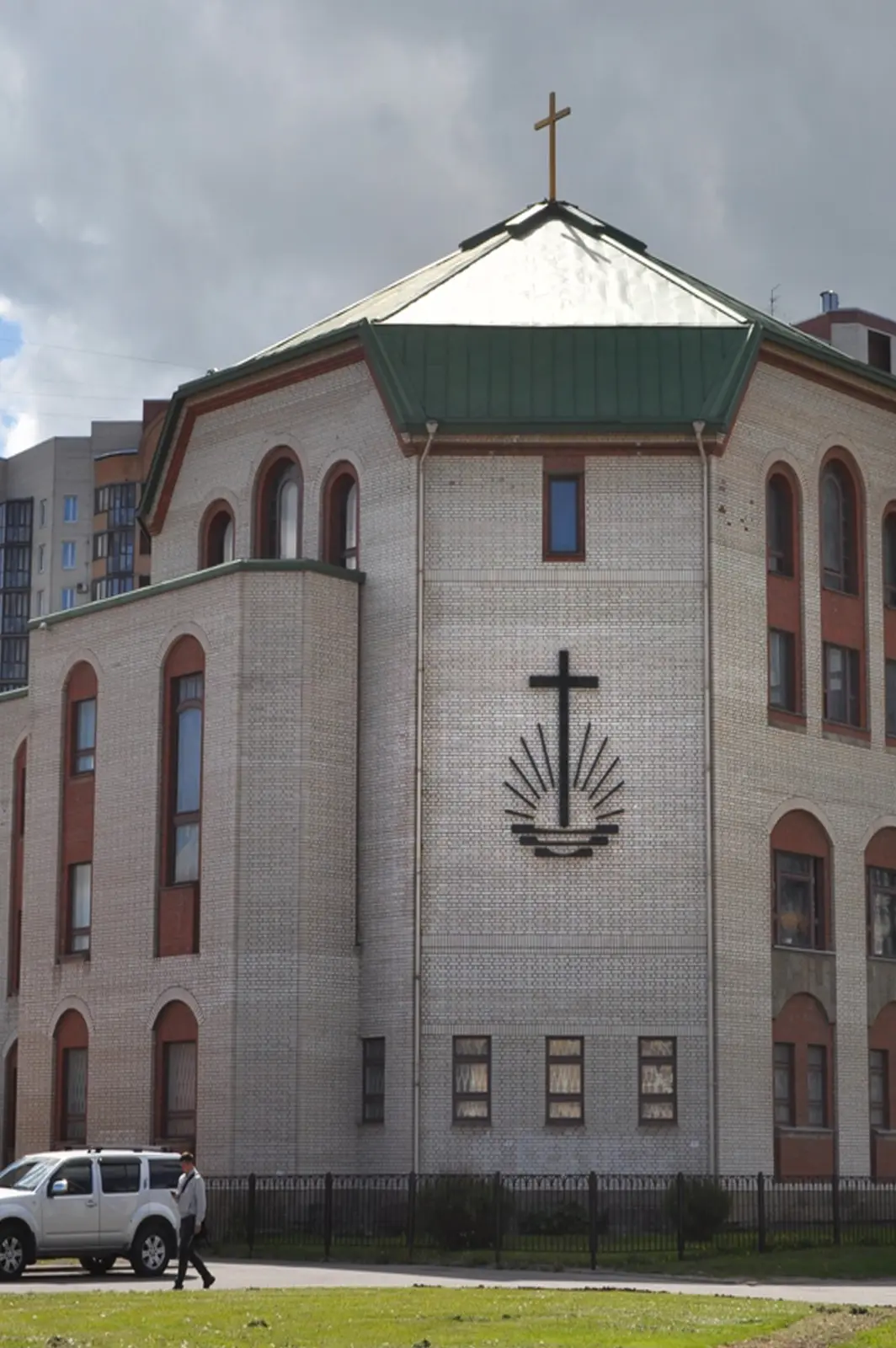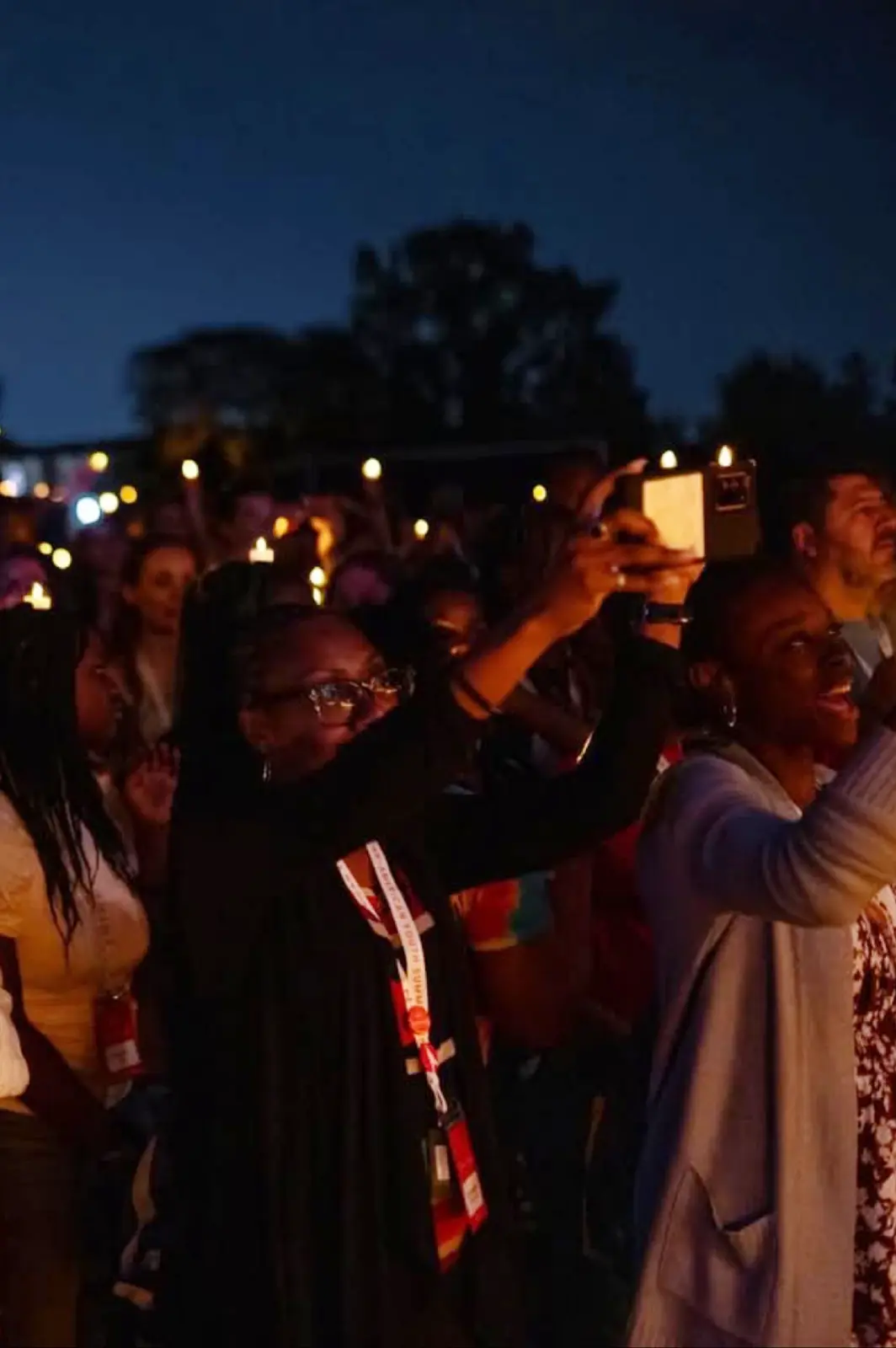seasons.today
Listen to it
“Sing Noel!” Again? Yes, and how! A medley of new and traditional carols from Europe, America, and Africa. The piece is taken from the second suite of the choral work “Sing Christmas!”
20 12 2025






